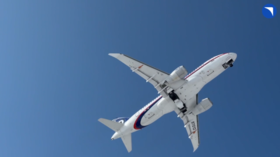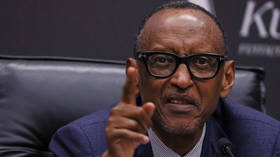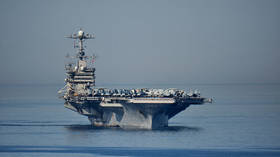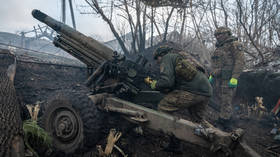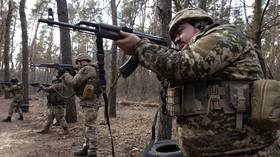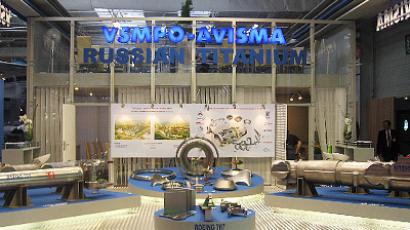Putin talks up European free trade with Russia
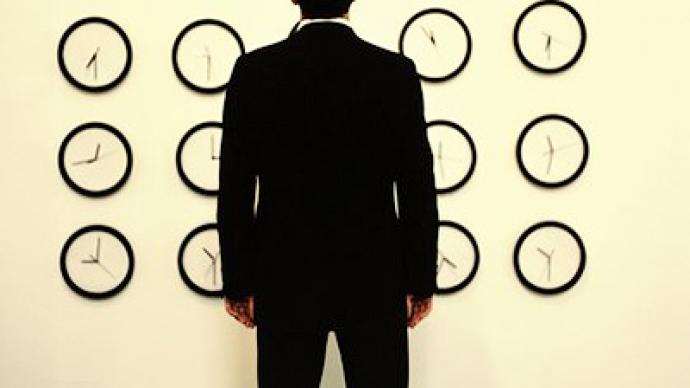
A free trade zone that stretches from Lisbon to Vladivostok - this is an ambitious vision of Vladimir Putin, expressed during his visit to Berlin, of how Russia's relations with Europe will develop.
In a speech to business leaders Putin raised the issue of European plans to liberalize the oil and gas pipeline network. This would mean any supplier should be able to access the pipelines regardless of ownership. Putin warns this could remove the incentive to invest in infrastructure. “Investors have of course figuredthat they will receivepriority rights to use this infrastructure to pump their own gas. It is their gas and investment in the pipeline. I think, that the mechanicalapplication of theseprovisions inthe 'thirdenergy package'will putplansfor modernizing these networksand infrastructuredevelopment indoubt.”Ben Aris, Editor in Chief of Business New Europe, discussed with RT Business the issues raised by Russia’s PM, including cooperation in the energy sector and a visa regime with the EU countries.RT:What do you think of Putin's speech in Berlin this time? If you remember Munich speech, it was a bit different, a rhetoric is different now.BA: “Yes, indeed. It stands a stark contrast to 2007, where Putin basically made a right attack to Europe and said “come on, guys, you’ve got to be friendly and cooperate and be friendly”. Instead, Europe was consciously batching with Russia. And this time there’s friendship on both sides as well, but, I think, it’s also very interesting because it’s not just Russians are now reaching out to Europe but the Europeans are reaching back, particularly the Germans and the French, who are throwing themselves at Russia as a prospective market. RT: Why is he doing so at this particular moment?BA: “The crisis has changed everything on both sides of the fence. And obviously Russia was hit hardest of all big emerging markets by the crisis, and suffered a massive contraction. And with the deficits and lower oil prices, they need money and investment particularly. And not just the cash but also they need the know how, and they are waking up to that fact. But on the other side of the fence, countries like Germany, companies there are facing flat, if not decreasing, market. And if they are looking for growth, they have to come east and there’ve been several examples of really successful German investments here already. And so now the Governments begins all that initiative to push their own companies and they’ve been pushed and pulled into Russia.”RT: How significant is the visa issue for Russia?BA: “The visa is the most tied up of all of these things. I mean, if you want to invest in Russia, you should get a visa and it’s still difficult to get, and on the other side, with the Parliamentary elections coming up in 2011, the top of the list for the people in Russia is freedom to travel – something they never had in the Soviet Union and they still put through this incredibly difficult visa process in order to get visas. With the elections looming the Kremlin is now becoming more conscious of this public image, the Kremlin. Notice they’ve been pushing hard for unrestricted access to Western Europe. And they’ve been met on the other side by French and Germans with promises, but it’s still going to take years and years before they’ll get the entire European Union to agree to that.”RT: Not surprisingly, the Prime Minister is against giving third party access to the energy pipelines. Is he right? Will it remove investment incentives?BA: “Well, yes and no, I mean there is one pipeline that runs through Ukraine at the moment which takes 80% of the gas, and Russia proposes to build two new ones – one in the North and one in the South. The North one is nearly finished and it is not really an issue in so much as it is nearly finished and it is not going over any territory – starts in Russia and ends in Germany. The second one –South stream – would go through lots of different countries the Russians probably paid for it themselves but are against letting other people into it. Because this is partly political – it’s about diversifying away and taking the political part away from Ukraine to be able to turn off the gas because they are really are over the barrel.But the North stream pipeline more or less solves this problem and the South stream I think is a bit of a faint, I am not sure it would ever happen but certainly they want to do it on a rent terms.”





